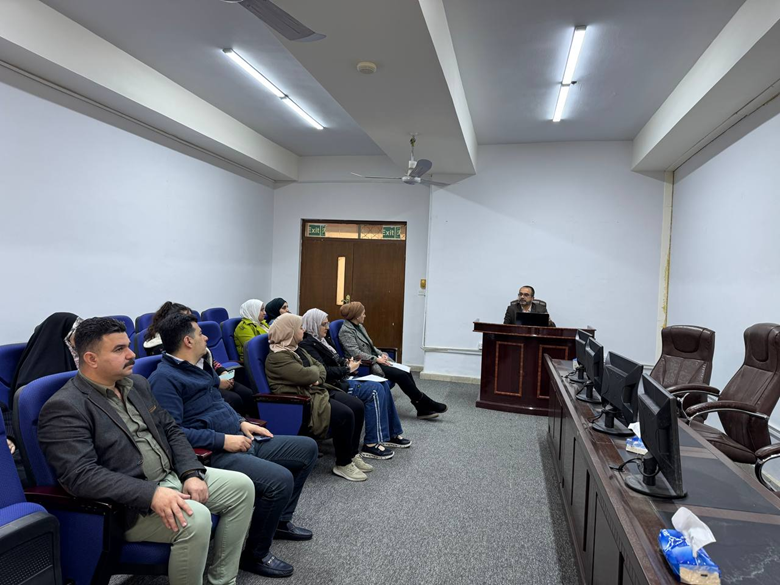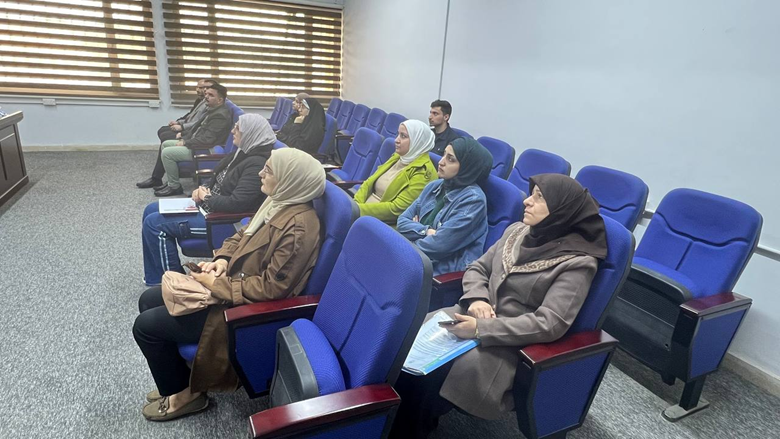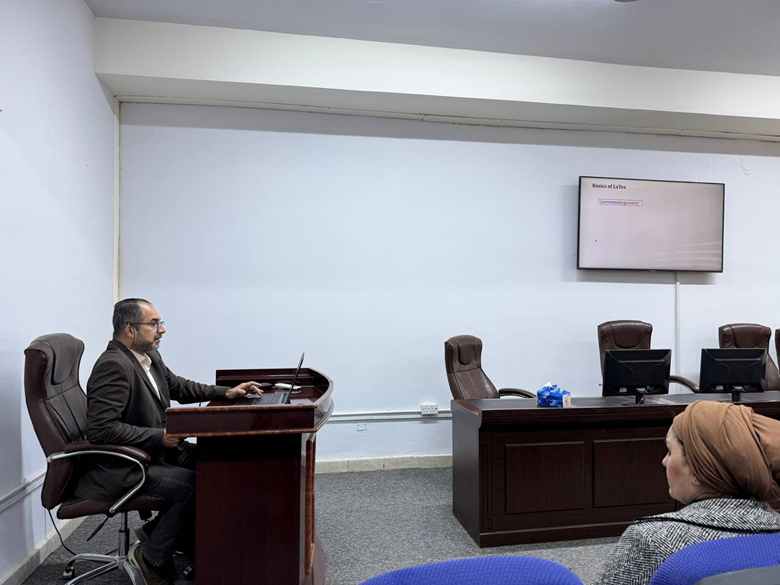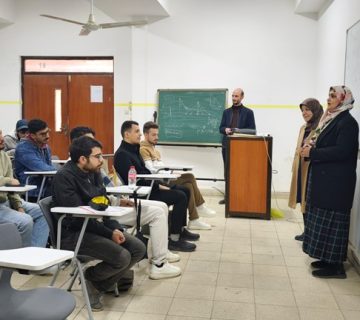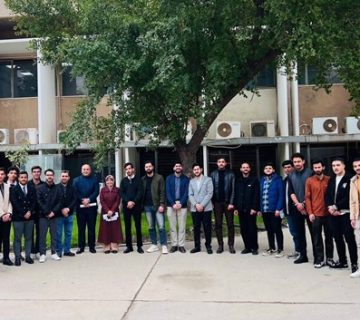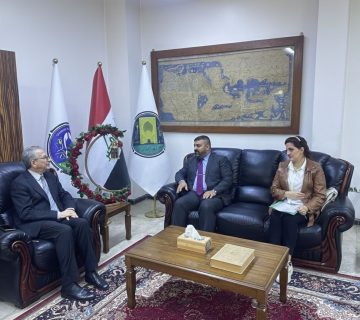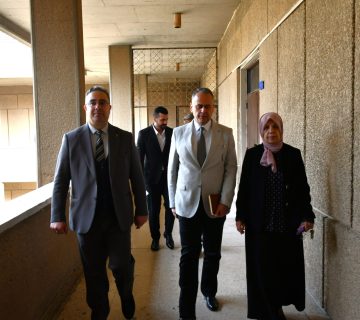The Department of Computer Engineering at the University of Baghdad, under the auspices of the Deanship of the College of Engineering and the Continuing Education Unit at the College, held a workshop entitled:
“Latex: Essential Skills for Academic Writing”
delivered by Prof. Dr. Sadiq Habib Abdul Hussein on Tuesday, February 18, 2025, in the discussion hall in the department, in the presence of a number of members and instructors of the scientific departments. The workshop included an introduction to LaTeX and its importance in improving the quality of academic documents compared to traditional word processing programs, as well as explaining the basics of writing in LaTeX, including creating documents, formatting texts, and inserting mathematical equations and tables. As well as how to manage references using BibTeX, and how to organize them according to academic publishing standards. This topic is of great importance to students, professors, and specialists working in the fields of writing scientific research. The workshop concluded with a number of recommendations, including:
- Raising awareness of the importance of LaTeX in academic writing, and how to use it to improve the quality and formatting of scientific documents compared to traditional word processing programs.
- Guiding towards the use of advanced tools in LaTeX, such as BibTeX for managing references, and ready-made templates for formatting documents according to academic publishing standards.
- Launching educational initiatives to promote the use of LaTeX in academic and research institutions, such as periodic workshops or study groups to exchange experiences and support researchers and students in learning this tool.
- Encouraging the use of LaTeX by undergraduate students in writing laboratory experiment reports and graduation research. In addition, encouraging graduate students to use LaTeX in writing theses and dissertations.
- Emphasizing the importance of continuously updating knowledge about LaTeX, by following up on new developments and additions that increase the efficiency of the tool.

